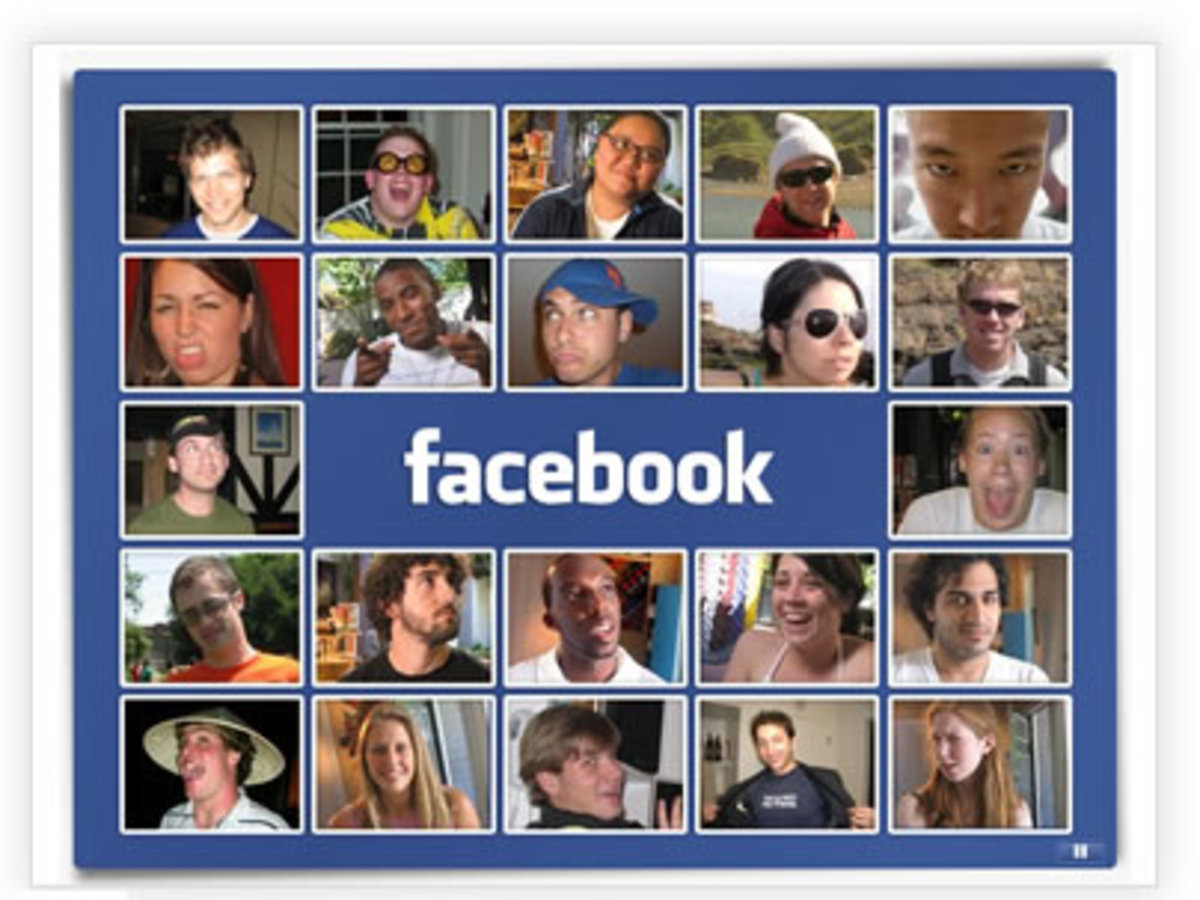Tips to Prevent Suicides in the Covid-19 Pandemic

The secret of crisis management is not good vs. bad; it’s preventing the bad from getting worse. - Andy Gilman
The impact of the Covid-19 crisis on health has been phenomenal worldwide. Despite a very high number of deaths and resultant complications all over the world, the Covid-19 crisis has also been responsible for many suicidal deaths.
Lock-downs can save lives and are considered the best practice in crisis response in situations such as the Covid-19 pandemic. Isolation helps in achieving the goal of reducing infections. But the reduced access to family, friends, and other social support systems causes loneliness increasing mental issues like anxiety and depression.
Psychologically, social isolation is one of the main risk factors associated with suicidal outcomes. Both the objective condition (e.g., living alone) and the subjective feeling of being alone (i.e., loneliness) are strongly associated with suicidal outcomes, in particular with suicidal attempts and suicidal ideation. The subjective feeling of loneliness has a major impact, even trans-culturally. Individuals experiencing suicidal ideation may lack connections to other people and often disconnect from others as the risk of suicide increases.
The most critical public health strategy for the Covid-19 crisis is social distancing, which can be a major risk factor for committing suicides. Furthermore, the family and friends remain isolated from individuals who are hospitalized, even when their deaths are imminent. These strategies increase social isolation and loneliness and, therefore, may increase suicide risk.
As a matter of fact, social distancing requires physical space between people, not social distance. Efforts can be made to stay connected and maintain meaningful relationships by telephone or video, especially among individuals with substantial risk factors for suicide.
The risk of suicide may go up during the pandemic as people increasingly grapple with economic challenges, social isolation, decreased access to community and religious support, and other daily disruptions. Older adults may be at a particular risk for suicide possibly because they're more likely to have medical problems that are insufficiently treated or may worsen during the pandemic.
A time of crisis is not just a time of anxiety and worry. It gives a chance, an opportunity, to choose well or to choose badly. - Desmond Tutu
Tips to prevent suicides -
We cannot control the physical distancing mandates during the Covid-19 crisis but we can all take steps to protect our emotional well-being during this trying time. In order to lessen the risk of suicide during a crisis like we are facing at present, the following strategies may be helpful -
Stay connected –
We can be creative about “getting together.” We can find one person with whom we can share our own worries and feelings over the phone. Is there a comforting friend, family member, therapist for you to call and to talk openly and privately? If you have previously seen a psychotherapist, consider reaching out to them. Many people use video-conferencing as a way to connect with others. Other suggestions include reaching out to the old-fashioned way with greeting cards and letters and sending text messages or emails.
Re-build new contacts –
In a crisis we should help each other rebuild contacts and relationships as well as encourage them to create new support systems.
Rediscover previously enjoyable activities –
We can consider getting back to puzzles, baking or cooking, reading, knitting, drawing or painting, walking in nature, playing a musical instrument, taking an online yoga class, etc.
Follow a daily routine –
People should establish a daily regimen with specific activities like eating, sleeping, reading, exercising, engaging in a hobby, checking in with friends and family members, and so on, Keeping this routine consistent can re-establish a sense of control in uncertain times.
Limit watching the news –
It is advisable to limit how much you watch the news because the coverage of the unprecedented events could serve as an additional stressor, especially for individuals with preexisting mental health problems.
Instead, redirect your attention toward more constructive and positive entertainment, such as classic movies, baking or cooking shows, travel, or wildlife documentaries.
Keep handy the crisis contact numbers -
We must ensure that people know local and national crisis contact numbers. The trained professionals who answer those numbers can refer callers to local mental health services and other valuable resources. For those who just need to vent, dozens of so-called warm lines are available in most places. They are run by people in recovery from mental illness. They hold a special appeal for callers with the same label.
The bottom line –
Many crisis centers are reporting 30% to 40% increases in the number of people seeking help for their mental health needs during the Covid-19 pandemic. Nonetheless, mental health experts predict an avalanche of mental health needs as the pandemic progresses.
There’s no doubt that the corona virus pandemic will be the most psychologically toxic disaster in anyone’s lifetime. This pandemic is a disaster of uncertainty - the greater the uncertainty surrounding a disaster, the greater the psychological problems. Hence, there is a strong likelihood that a large number of suicides may occur as the pandemic progresses.








